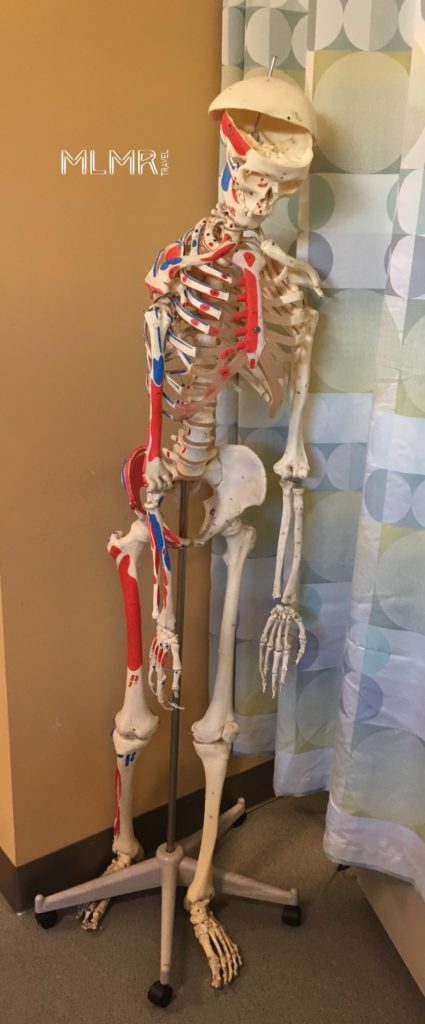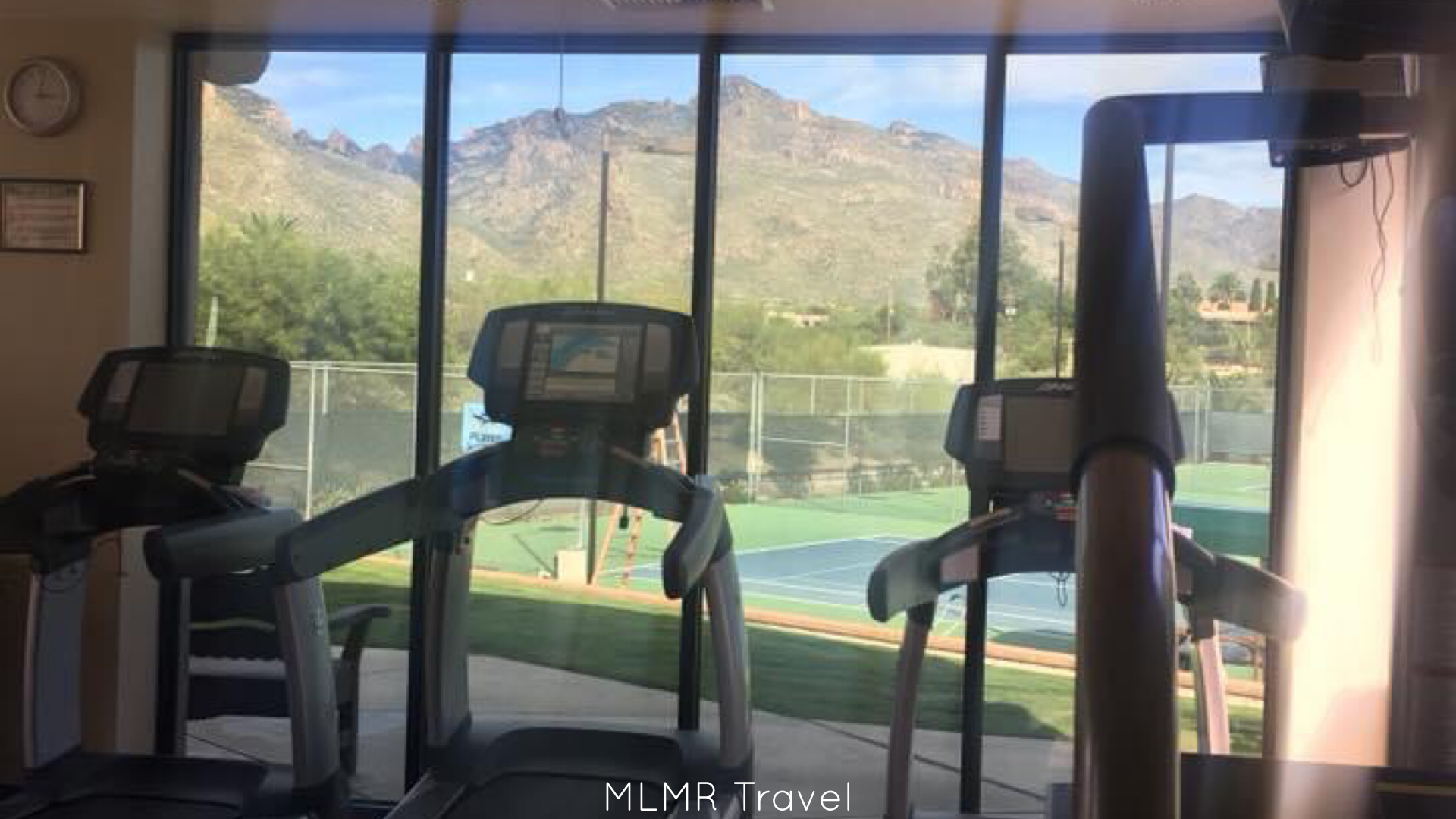Intro to Travel Physical Therapy

Before we signed on to be travel physical therapists, we were not completely sure what we were getting ourselves into. We made sure to do some research beforehand but felt like we were missing the big picture.
We found a few helpful articles from webPT.com and newgradphysicaltherapy.com but that only got us so far. After all our research we still had little to no knowledge of what travel physical therapy (PT) even was.
 The internet is always a good place to find information but we found that overall it was very limited. It only gave the bare minimum and a very generalized summary.
The internet is always a good place to find information but we found that overall it was very limited. It only gave the bare minimum and a very generalized summary.
Since the internet gave us little to work with, we spoke to several representatives from travel therapy companies. This was more helpful since we got to ask questions face to face but we still found traveling PT to have some ambiguity that remained.
There are so many companies and so many questions to ask that the whole process can be quite overwhelming. Not to mention that once you finally start getting the gist of what traveling PT is, it can be tough to pick which company to go with.
Honestly, we have been figuring things out along the way and are always learning something new. Now that we have been traveling for a couple of years we have a much better idea of what travel physical therapy entails.
Here are some of the many things we have learned. It's a lot of information in one post so we hope it's not too boring 🙂
Disclosure: Links throughout the Mindful Nomadics site may make us a small commission at no additional cost to you. See our Affiliate Disclosure for more information.
Contents
The Basics
What is travel physical therapy?
Simply put, travel physical therapy is where one works as a PT for a short term contract at various companies. This can be where you live or in other states.
What kind of setting will you work in?
 All types! When we were students we were always told that travel PT is just for skilled nursing facilities (SNF), but we found that is not the case. You can be employed in all settings such as SNF, home health, acute care, outpatient, orthopedics, and more. It does seem that neurological and more niche settings like woman's health or sports are harder to come by but there are still some out there.
All types! When we were students we were always told that travel PT is just for skilled nursing facilities (SNF), but we found that is not the case. You can be employed in all settings such as SNF, home health, acute care, outpatient, orthopedics, and more. It does seem that neurological and more niche settings like woman's health or sports are harder to come by but there are still some out there.
We have found that there are a lot of placements that offer a mix of settings. Many times we will be in a setting where we might split time between Acute and Outpatient or other settings.
Why do these companies need Travel PTs?
There are several different reasons why companies need spots filled. The reason we have mostly seen is that the companies are waiting for a permanent employee to come along.
In the meantime, they still have patients to be seen and that's where we come in. This doesn’t mean that the facility is a bad place to work necessarily.
It could be because it’s located in a small town where the turnover of people moving in is small or the facility's needs have just continued to increase. There are also more simple reasons such as maternity leave or vacations.
How do you get paid?
So far we have always been paid hourly and by talking to other travelers it appears that seems to be the trend. The tricky part is that your hourly pay is divided into salary (which is taxed) and then housing/food per diem (which is typically not taxed as long as you are not within so many miles of your permanent tax home).
Regardless of your placement, most companies pay weekly which is nice. Each company is different when it comes to benefits but some do offer paid vacation time and sick days. We haven't put a huge emphasis on benefits so far but many people could look for better benefits.
How do you find a company to work for?
Honestly, the easiest place to start is to web search travel PT companies. That being said we think the best approach is by word of mouth. This way you get to hear a completely unbiased opinion of what’s good and what’s bad.
The biggest trick here is to look around and if you find a good fit, stick with that company. You can also switch companies after every assignment if you wanted so no need to settle.
How long do you work for?
You can sign a contract for as long as you feel comfortable but the typical amount of time is 13 weeks. However, we have seen travelers who have done contracts as short as 4 weeks so there is some flexibility. You may also have the option to renew or extend for more weeks if you like the place and they still need help.
How much experience is needed?
It varies but you can find jobs where no experience is needed. You can also find jobs that want a certain amount of experience as a PT overall or for a specific setting.
Your company should do a good job of only finding jobs that you are qualified for. Remember, don’t let being a new grad stop you as many positions love new therapists. All of the places we have worked have been more than willing to help us out if we had questions or didn't know something.

Once you start working as a travel PT
How do you find housing?
 There are so many routes you can take for housing. The easiest is to have your company find housing for you. This means you lose your housing per diem, which is usually a large chunk of money.
There are so many routes you can take for housing. The easiest is to have your company find housing for you. This means you lose your housing per diem, which is usually a large chunk of money.
They could use even more money from your per diem if the housing they find ends up being more expensive than your original housing per diem. If you only want to bring the necessities, then searching for furnished apartments works well.
Airbnb and other sites like it can also be good resources but can at times be more stressful or more expensive. The other option is to bring almost all belongings with you. You can accomplish this with either an RV or trailer (like the one we used to own) or renting moving trucks (U-Haul or Budget) to go from apartment to apartment.
How do you file taxes?
Since you may be working in different states some people go ahead and get an accountant. We, however, use Turbo Tax and it has worked great.
Your company should give you a form so you can declare your permanent address or tax home. This allows you to get your per diem money not taxed.
There is also a great site with tax information for travelers that can even do your taxes called Travel Tax. We use the site for all of our tax questions thanks to their awesome FAQ section.
State licensure
This may be the most difficult part of travel PT. After you take and pass your NPTE you also get licensed in a state of your choosing. If you want to work in other states you have to get licensed in those states as well.
Typically this is obtained by getting a “license by endorsement” which means you already have a license in another state so your application is slightly different. The dilemma is that every state has several steps and costs a good deal of money. Travel companies typically reimburse but it's still a long, often confusing, process.
Processing time to get the license varies by the state which can be another headache. Just make sure to follow the application found on each state's PT board website and give yourself plenty of time.
How to get benefits
As previously stated, different companies offer different things so you will have to ask about benefits that may be more important to you. On average, most offer health insurance and some type of 401K.
The catch though is how many hours the company requires you to work to get benefits. Some offer day one, others you have to complete one full assignment. Also, if you want to take off large amounts of time for vacations you could lose your benefits so keep that in mind. We don't worry about benefits as we feel it gives us more freedom.
Working 40 hours a week
This has been hit or miss for us but working 40 hour weeks is possible. We are often able to get a 40-hour guarantee in our contract but there have been times we have been guaranteed only 30 hours.
Even if we only have a 30-hour guarantee we typically still work 40 hours pretty often. This is always nice since we know what we will make every week. If you request off during the week, you are not required to get your guaranteed hours so keep that in mind.

Tips on being more successful in your travel PT career
Keep in contact
So far we have been very lucky with our placements and worked at some great companies. We made sure to get everyone's contact information and keep in touch if we ever want to go back. Of course, there would have to be a need but it’s always nice to have a plan B.
Find the account manager that works best for you
Each company you work for will assign you an account manager. They may be called something different but the duties are the same.
The account manager can sometimes be your initial recruiter into the company but it is not always the case. Their main role is your contact for EVERYTHING. They set up your jobs, interviews, pay, etc.
They are the go-to for all problems and make sure your wants are being addressed. We discovered that being a successful travel PT has more to do with finding an account manger that fits you best instead of finding the perfect company. Many companies are very similar meaning your account manager can make all the difference.
Work with several travel companies at once
This we do not do ourselves but we have met enough travelers that swear by it. How this works is you pick a location or setting that you know you want first. You then contact several PT travel companies and let them know what you are looking for.
Each company will try to find an assignment to fit your needs. From here you just pick the assignment you like best.
Each company has an application process and forms to fill out so if you go this route, be prepared for more work. It is also important to be open and upfront. When you contact the different companies let each know you are having several companies looking for you.

This is a lot of information in a long post. Honestly, we could go on forever about travel physical therapy but that would just get daunting.
We think it's a good option for many people. Travel PT is a great way to work and go on an adventure at the same time.




